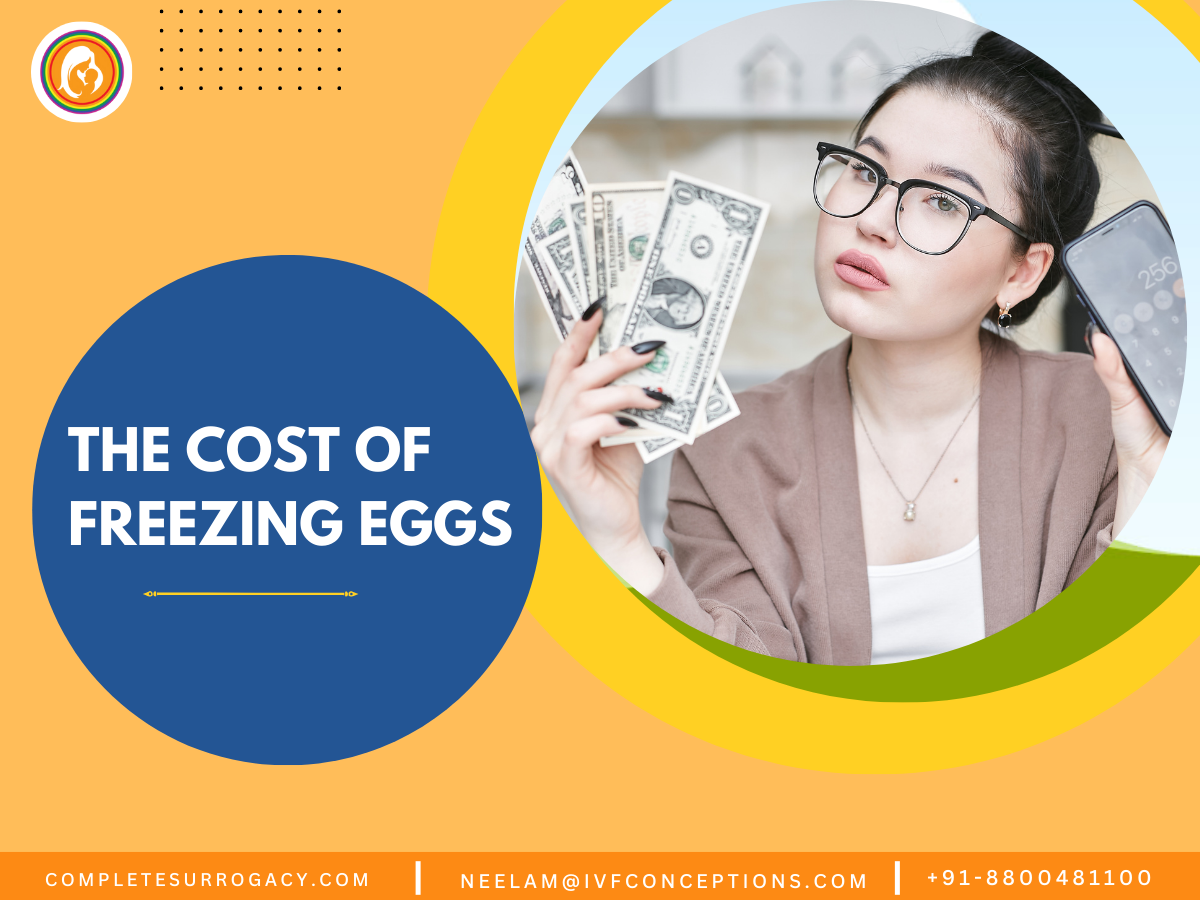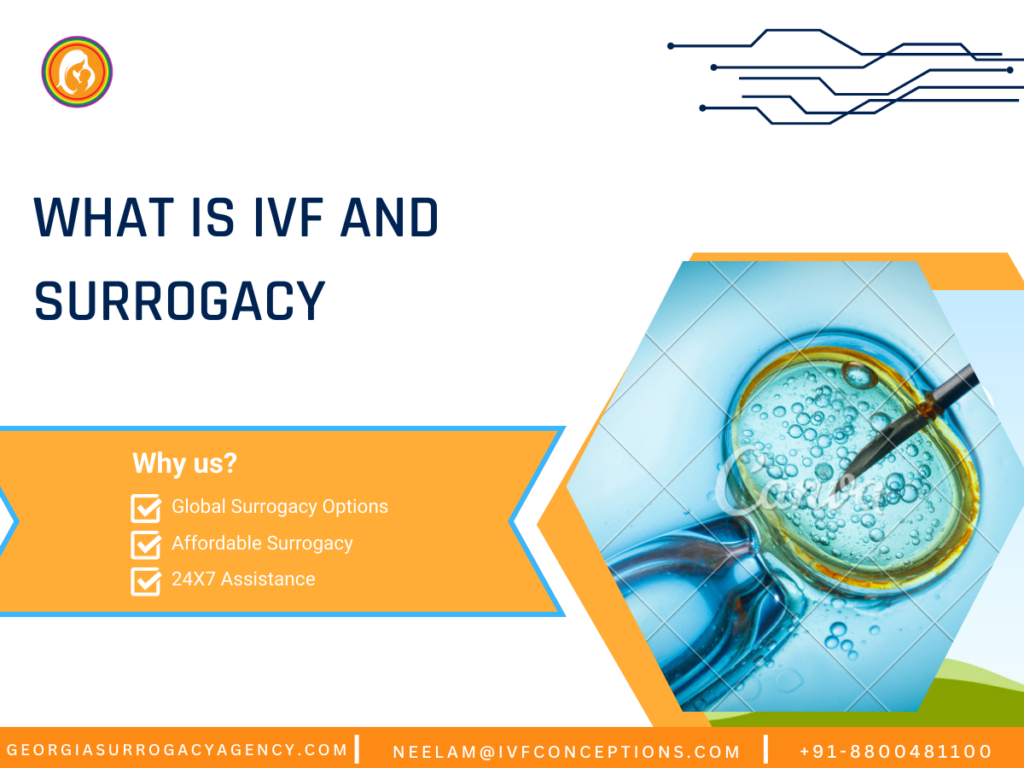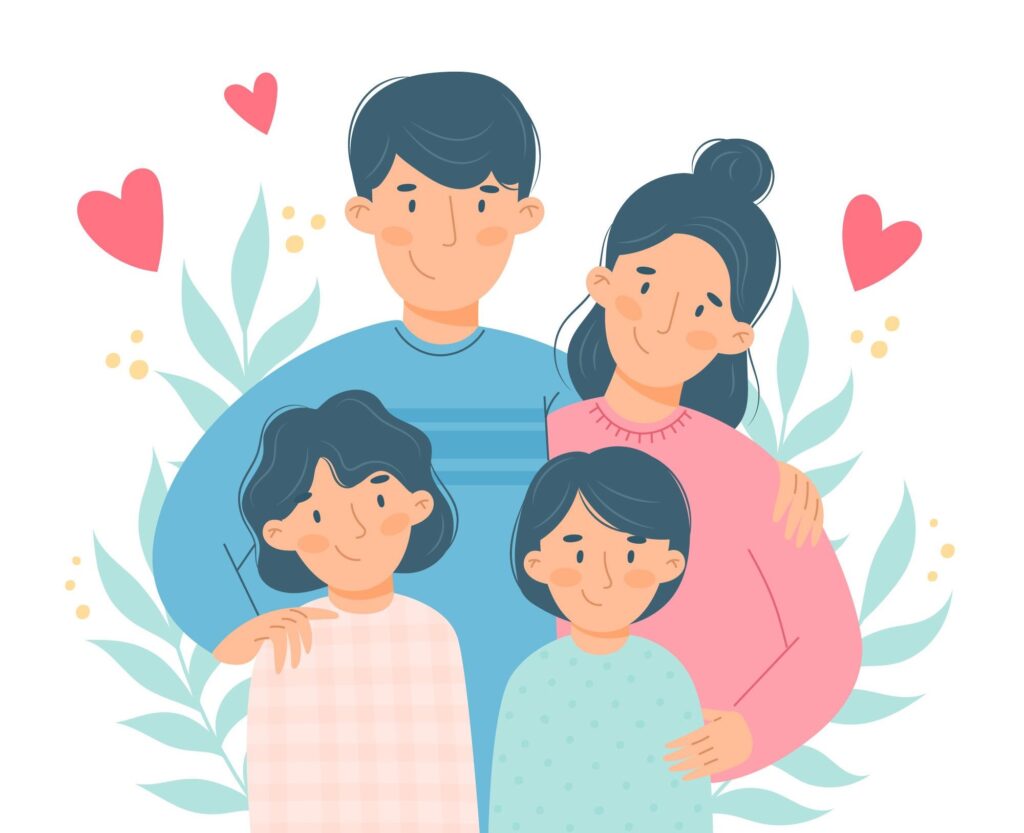The Cost of Freezing Eggs: What You Need to Know

Egg freezing is an increasingly popular option for women looking to preserve their fertility, but the costs can add up quickly. On average, a single cycle of egg freezing costs between $5,000 and $8,000, with medications adding another $4,000 to $6,000. Additionally, storage fees range from $500 to $1,000 per year.
Many women require multiple cycles to retrieve a sufficient number of eggs, which can significantly increase the total expense. While some employers and insurance plans offer partial coverage, most people must pay out of pocket. Before making a decision, it’s crucial to factor in not only the financial costs but also the physical and emotional aspects of the process.
Did you know that only 20% of large U.S. companies cover egg-freezing procedures in their employee insurance plans? This surprising statistic shows how complex the cost of fertility preservation can be for many women.
Egg freezing is a smart choice for women wanting to keep their reproductive options open. Though it’s a big financial step, many see it as a worthwhile investment in their future family plans.
Key Takeaways
- Average egg freezing cycle costs between $4,500 and $8,000
- Medication expenses range from $4,000 to $6,000 per cycle
- Annual storage fees can be $500 to $1,000
- Only 20% of large U.S. companies cover egg-freezing procedures
- Multiple cycles might be necessary for optimal results
📞 Get in Touch for a Free Surrogacy Consultation
📱 +91-8800481100 (WhatsApp | LINE | Viber)
📧 neelam@ivfconceptions.com
🌐 www.completesurrogacy.com
- Additional guide for intended parents:
- Best surrogacy agency in India
- Best surrogacy agency in Mexico
- Best surrogacy agency in Colombia
- Best surrogacy agency in Argentina
- Best surrogacy agency in Georgia
- Best surrogacy agency in the USA
- Best surrogacy agency in Ukraine
- Best surrogacy agency in Armenia

Understanding Egg Freezing and Its Purpose
Proactive fertility planning has changed how we think about having kids. Elective egg freezing is a big step for women wanting to save their fertility for later.
Oocyte cryopreservation is a new way to freeze eggs. It lets women control when they want to have kids. This breakthrough is a game-changer for those planning their family.
What is Oocyte Cryopreservation?
Egg banking is a process where eggs are frozen for later use. It involves several steps:
- Hormone stimulation to produce many eggs
- Egg retrieval through a small procedure
- Quick freezing of the eggs
- Storing them in tanks filled with liquid nitrogen
Benefits of Fertility Preservation
IVF egg freezing has many benefits for women:
- It extends your reproductive window
- It reduces the pressure of age on fertility
- It gives you flexibility in planning your family
- It keeps your eggs at their best quality
Who Should Consider Egg Freezing?
Many women might want to consider it:
- Those focusing on their careers
- People facing treatments that could harm their fertility
- Those who don’t plan to have kids right away
- Women who want control over their reproductive choices
The success of egg freezing greatly depends on age. Women under 35 have the best chances of having a baby.

How Much Does It Cost to Freeze Eggs
The cost of freezing eggs varies depending on the clinic, location, and additional expenses like medication and storage. On average, a single cycle of egg freezing costs between $8,000 and $15,000, but it can go as high as $30,000 in some cases. This price typically includes consultations, monitoring, egg retrieval, and freezing.
Breakdown of Costs: Egg freezing cost
- Egg freezing procedure: $4,500 – $8,000 per cycle
- Fertility medications: $4,000 – $6,000 per cycle
- Annual storage fees: $500 – $1,000 per year
- Thawing and fertilization later: $2,000 – $4,000
- Embryo transfer (if needed): $3,000 – $5,000
Ways to Reduce Costs:
- Some clinics offer multi-cycle packages or financial assistance programs.
- Employer insurance rarely covers egg freezing, but it’s worth checking.
- Consider seeking fertility grants or shared risk programs that offer discounted rates.
Egg freezing is often recommended before age 35 to maximize success rates, as younger eggs have higher quality and better survival rates after thawing.
Comprehensive Cost Analysis
The total cost of egg freezing usually includes:
| Cost Component | Average Expense |
| Clinic Charges | $11,000 |
| Medication Costs | $5,000 |
| Total Average Cost | $16,000 |
Egg Freezing Financing Options
There are many ways to make egg freezing more affordable. Patients can look into:
- Prosper® Healthcare Lending
- New Life Fertility Finance
- Quick application processes (typically under two minutes)
About 50% of people do a second cycle, and over 20% do a third. The cost of preserving fertility is big. But, the long-term benefits are often worth it.
Key Factors Affecting Egg Freezing Success Rates
Knowing about egg freezing success rates is key for those thinking about preserving their fertility. The process has many factors that can affect how well it works for future pregnancies.
Age-Related Success Statistics
There are several important factors to consider when thinking about egg freezing:
Age is a big factor in how well egg freezing works. Studies show big differences in success rates based on a woman’s age:
- Women under 35 have the highest success rates, with up to 80% chance of live birth when freezing 15 mature eggs
- Ages 35-37 require approximately 20 mature eggs for similar success probabilities
- Women 38-40 may need 30 mature eggs to maintain comparable pregnancy chances
Number of Eggs Retrieved
The number of eggs retrieved is also key. Clinics suggest:
- Younger women (under 37): Freeze 15-20 mature eggs
- Women 38-40: Target 25-30 mature eggs
- Women 41-42: Consider freezing 30 or more eggs to maximize potential
Quality of Frozen Eggs
New techniques have greatly improved egg freezing success. Vitrification has made egg survival much better:
- Traditional slow-freezing methods: 61% egg survival rate
- Vitrification technique: 90-95% egg survival rate
It’s important to know that egg freezing age and egg quality are linked. By 43, most of a woman’s eggs are not good for pregnancy.
Getting advice from experienced egg freezing clinics can help create a plan for the best fertility preservation success.
The Complete Egg Freezing Process Timeline
Understanding the egg freezing process is key to planning for the future. It usually takes 2 to 3 weeks, with most done in under two weeks. This method helps people save their fertility for when they’re ready to have children.
The egg freezing timeline has several important steps:
- Initial Consultation: Talk about your medical history and what you know about fertility costs.
- Hormone Testing and Screening
- Ovarian Stimulation Phase
- 3-5 visits to check on progress
- Daily shots of hormones
- Ultrasound checks
- Egg Retrieval Procedure
- 10-20 minutes long
- Done under sedation
- Usually gets 10-15 eggs
- Egg Freezing and Storage
The whole process can cost between $15,000 to $20,000. Medications alone can be $2,000 to $7,000. Storage fees are $500 to $1,000 a year, showing the investment in reproductive health.
Egg freezing is a smart way to plan your family. It gives you time to focus on your career, education, or personal goals.
Success rates are good for those who freeze eggs early. People under 35 with 20 eggs have a 94.4% chance of having a live birth. This shows the power of this technology.
Best Age to Consider Egg Freezing
Deciding when to freeze eggs is key for women planning their future. The best time is usually between the late 20s and early 30s. This is when eggs are at their best quality and quantity.
When thinking about the cost of preserving fertility, age is a big factor:
- Women under 25 have the most cost-effective fertility profile
- Eggs from younger women survive freezing better
- Peak fertility preservation occurs between the ages of 30-34
Studies show interesting facts about egg freezing and its cost:
Ages 25-30: Minimal additional reproductive benefit
Ages 30-35: Optimal window for egg freezing
Ages 35-38: Increased treatment cycles may be required
After 38: Significantly reduced egg quality and quantity
The cost of freezing eggs goes up with age. More cycles are needed to get enough good eggs. By 37, the chance of a live birth is 51.6%, up from 21.9% without it.
Fertility preservation is a personal journey, but timing can significantly impact your future reproductive options.
Women thinking about egg freezing should consider their health, goals, and finances. The best ages are late 20s to early 30s. But it’s never too late to look into preserving fertility.
Choosing the Right Fertility Clinic
Finding the right fertility clinic is key to your egg freezing journey. The clinic you choose can affect the cost of the egg freezing procedure and overall fertility treatment. Knowing what to look for will help you pick a clinic that fits your reproductive goals.
Choosing the right clinic for elective egg freezing is important. The right clinic can greatly improve your experience in preserving your fertility.
Essential Clinic Selection Criteria
- Verify the clinic’s reproductive technology certifications
- Check comprehensive egg freezing pricing packages
- Evaluate laboratory equipment and technological capabilities
- Review detailed success rate documentation
- Assess physician expertise in reproductive medicine
Critical Questions for Potential Providers
What is your clinic’s egg survival rate after thawing?
How many egg freezing cycles do you recommend?
What are your live birth rates for frozen eggs?
Do you offer comprehensive fertility treatment costs?
What additional support services do you provide?
Success Rate Evaluation Framework
| Evaluation Metric | Ideal Range |
| Post-Thaw Egg Survival Rate | 80-90% |
| Fertilization Success | 70-80% |
| Live Birth Rate | 2-12% per frozen egg |
When looking at egg freezing pricing, don’t just focus on cost. Quality, expertise, and comprehensive care are crucial in selecting a fertility clinic that suits your needs.
Conclusion
Egg freezing is a big decision in family planning finances. It involves understanding medical procedures and the costs. In the U.S., each cycle can cost between $5,000 and $10,000.
Looking into financing options can ease the financial stress. Many clinics offer payment plans. You can also use Flexible Spending Accounts (FSAs) or Health Savings Accounts (HSAs) for medical costs. Grants and scholarships are also available to help with the costs.
Choosing to freeze eggs is a personal decision. It’s a big investment, but can be a proactive step in family planning. Talking to reproductive specialists and understanding your health can help you make the right choice for your future.
📞 Get in Touch for a Free Surrogacy Consultation
📱 +91-8800481100 (WhatsApp | LINE | Viber)
📧 neelam@ivfconceptions.com
🌐 www.completesurrogacy.com
Why Intended Parents Choose Complete Surrogacy Agency for a Safe, Smooth & Successful Surrogacy Journey:
- 🌍 Access to multiple surrogacy destinations with 15+ years of international experience
- 🏥 Partnerships with top-tier fertility clinics and agencies, backed by references from past clients
- 👩🦱 Diverse egg donor options: Asian, Caucasian, African, Oriental, and more
- 💸 Transparent and affordable pricing—direct payments with no extra agency fees
- 🔒 No hidden costs—all charges are agreed upon upfront
- 🤝 Dedicated case manager for personalized support
- 📲 Fast, honest, and clear communication throughout
- 📑 Full legal support for visas, documentation, and baby exit processes
- 🧬 Complete access to the medical records of donors and surrogate mothers

FAQs for the cost of egg freezing in the US
How much does egg freezing typically cost in the United States?
Egg freezing costs between $10,000 to $20,000 per cycle. This includes the medical procedure, medications, and the first year of storage. Costs can go up with more storage years and cycles.
Does insurance cover egg freezing?
Insurance coverage varies a lot. Some employers offer fertility benefits, and a few insurance plans might cover part of the cost, especially for medical reasons. But, elective egg freezing is often not covered. It’s best to check with your insurance and employer about coverage.
What is the best age to freeze my eggs?
The best age for egg freezing is usually between 27 and 35. At this age, eggs are typically of higher quality and have a better chance of successful fertilization. However, the right age can vary based on individual health.
How many eggs should I aim to freeze?
Doctors usually suggest freezing 10-15 eggs for one planned pregnancy. The exact number depends on your age and fertility health. Women under 35 might need fewer eggs, while those over 35 might need more.
How long can frozen eggs be stored?
Eggs can be stored for up to 10 years or more with modern freezing techniques. Many clinics offer long-term storage with annual fees. Thanks to advanced technology, egg viability remains stable over time.
What medical conditions might make egg freezing a good option?
Egg freezing is good for those facing treatments that could harm fertility, like cancer chemotherapy. It’s also for those with autoimmune disorders or genetic conditions affecting reproductive health. It’s also an option for women delaying pregnancy for personal or professional reasons.
Are there financing options available for egg freezing?
Yes, many clinics offer financing plans, payment packages, and partnerships with medical credit companies. Options include medical loans, monthly payments, and fertility preservation financial assistance. Some employers also offer fertility benefits or reimbursement for egg freezing.
What are the success rates of egg freezing?
Success rates depend on age and the number of eggs frozen. Eggs frozen before 35 have a 60-70% chance of a successful pregnancy. The quality and quantity of eggs greatly affect future fertility.
How long does the entire egg freezing process take?
The egg freezing cycle takes 2-3 weeks. This includes consultations, hormone stimulation, egg retrieval, and preservation. The process involves multiple visits, hormone monitoring, and a minor surgery for egg extraction.
What are the potential risks of egg freezing?
Egg freezing is generally safe but carries risks like ovarian hyperstimulation syndrome and minor surgical complications. Most side effects are mild and short-lived. It’s important to discuss your health with a reproductive specialist for personalized advice.
Source Links
https://www.newhopefertility.com/blog/the-cost-of-freezing-eggs/ – Cost of Freezing Eggs 2023, Egg Freezing Success Rates by Age
https://www.shadygrovefertility.com/egg-freezing-costs/ – Egg Freezing Costs
https://www.healthline.com/health/egg-freezing-process – Egg Freezing: Process, Cost, and What to Expect
https://www.uclahealth.org/medical-services/obgyn/fertility/egg-freezing – Egg Freezing

Author Bio: Neelam Chhagani is an International Surrogacy Expert with 15 years of experience in the fertility and surrogacy domain. As the founder of IVF Conceptions and Complete Surrogacy, she has guided over 4,000 intended parents worldwide on their surrogacy journey to parenthood. Recognized as a trusted authority, she specializes in holistic infertility solutions and third-party reproduction consulting.
Holding an MA in Counselling Psychology and a PGD in Mental Health, Neelam is a proud member of the European Fertility Society (EFS) and the European Society of Human Reproduction and Embryology (ESHRE). She is also a leading surrogacy blogger, providing valuable insights into ethical and practical surrogacy solutions.
Since 2010, committed to supporting ALL family types, Neelam has been passionate about helping intended parents grow their families with compassion, integrity, and a focus on secure and affordable surrogacy options Globally.
Learn more about Neelam:
https://www.ivfconceptions.com/neelam-chhagani-surrogacy-consultant/
https://www.linkedin.com/in/neelam-chhagani-92892229/















I was introduced to Neelam by a friend who worked with Neelam for surrogacy. Neelam is absolutely wonderful. I am a single male and the journey to fatherhood is not that easy. Neelam connected me to a program ideal for my circumstances. She was with me throughout the pregnancy providing advice and guidance along the way. I am so grateful I found her and am thrilled today that I have a beautiful daughter. I highly recommend Neelam to anyone who is on a journey to become a parent. Having a child has changed my world for the better. I wish others success with their own journey and recommend you connect with Neelam to find a path that is best for you.
SA (USA)